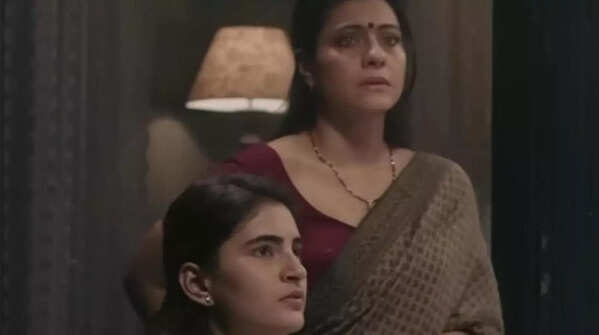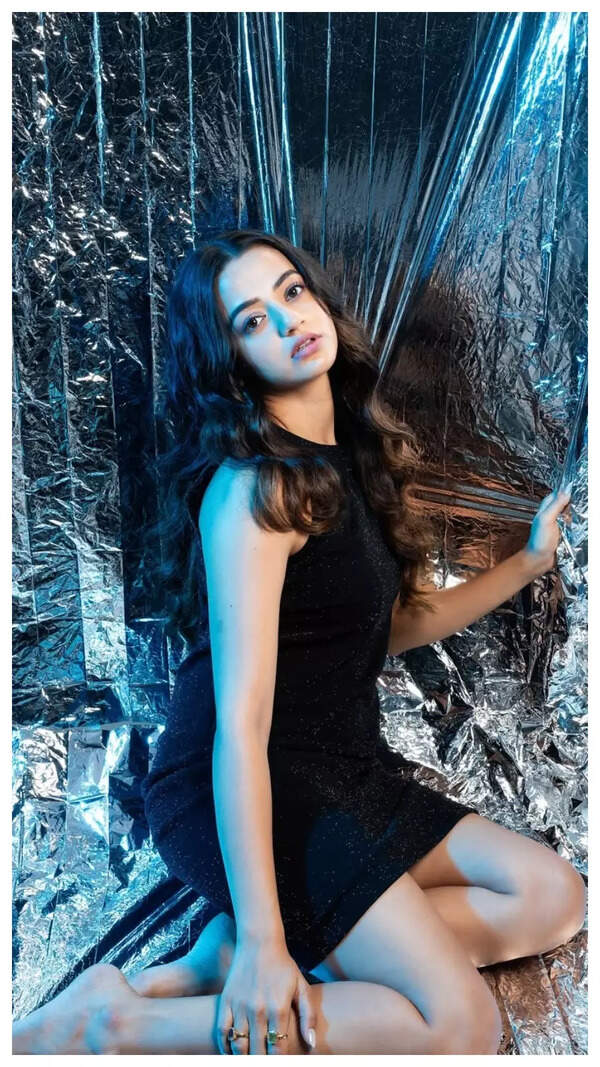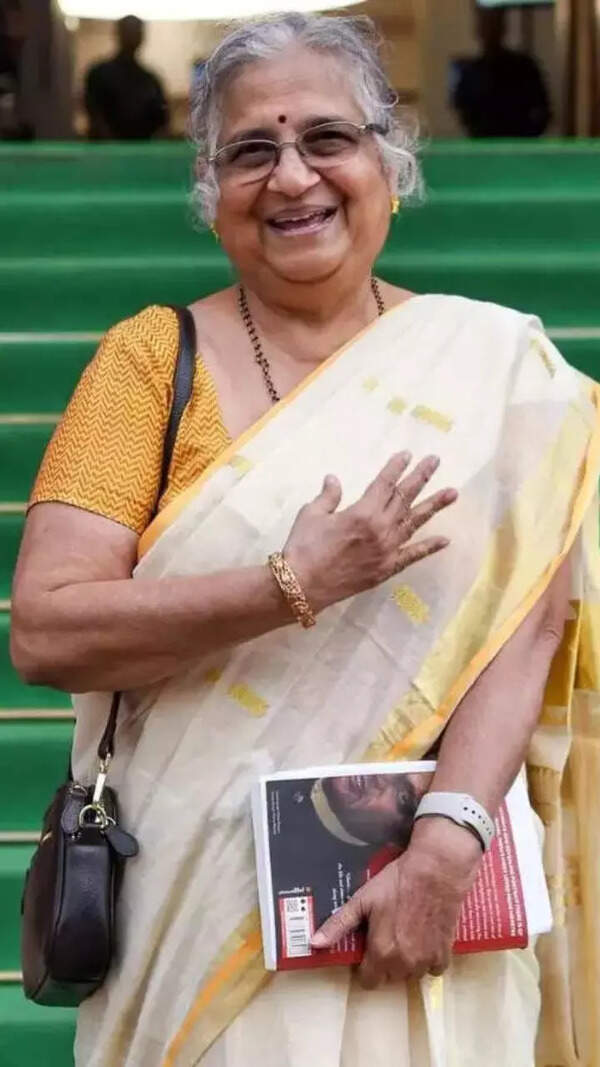- News
- entertainment
- hindi
- bollywood
- From ‘Devi’ to ‘Juice’: 6 short films that redefine women-centric storytelling
From ‘Devi’ to ‘Juice’: 6 short films that redefine women-centric storytelling

Devi
Devi is a poignant short film that brings together nine women from various backgrounds who have one thing in common — they are all victims of sexual assault. Set in a single room, the film slowly reveals the layered trauma each woman carries, without explicitly diving into graphic details. The arrival of a new, younger victim causes tension among them, and through their conversations, we are made to confront the horrifying normalisation of rape in society. The film doesn’t just depict victimhood — it gives voice to pain, rage, solidarity, and sorrow. Kajol’s presence lends gravity, and the ensemble cast makes Devi a chilling reminder of how common violence against women has become.

Chutney
On the surface, Chutney is about a polite, middle-class housewife hosting a guest over snacks. But beneath its calm exterior lies a tale of jealousy, suspicion, and silent revenge. Tisca Chopra’s character serves chutney and tales with the same calm expression, all the while revealing how aware she is of her husband’s emotional infidelity. Instead of confrontation, she chooses psychological warfare — sharing a "story" that is more than just fiction. It’s a commentary on how women, often underestimated, find clever ways to reclaim their dignity in relationships. Chutney is dark, witty, and empowering in its own subtle way, showing that silence is not weakness, but strategy.

Juice
Directed by Neeraj Ghaywan and headlined by Shefali Shah, Juice is a masterclass in visual storytelling. It’s set during a house party where men relax in the air-conditioned living room, discussing politics and work, while women sweat it out in the kitchen, cooking and serving. The imbalance is glaring but never verbalised — until the last scene. Shefali Shah’s character finally sits down in the living room, AC blowing on her face, sipping juice, claiming space that was never offered to her. That simple act is revolutionary in its context. Juice captures the micro-aggressions of domestic gender roles and the quiet rebellion of women who are done being invisible.

Khaane Mein Kya Hai
This understated short film is a heartbreaking portrayal of domestic abuse hidden behind the mundane rhythm of everyday life. A housewife prepares food for her husband, answers routine questions, and moves through her day with practiced calm. But as the camera lingers on her bruises, her robotic behavior, and her quiet compliance, the viewer is hit with the stark reality of her suffering. The title — “What’s in the food?” — ironically reflects how no one ever asks what’s happening in her life. The short is a mirror to the thousands of Indian women trapped in abusive marriages, where pain is served along with parathas, and screams are buried under routine.

NitiShashtra
NitiShashtra dives deep into moral conflict, using the story of a self-defense trainer, played by Taapsee Pannu, to question the balance between loyalty and justice. When she learns that her own brother has committed a heinous crime against a woman, she is forced to choose between protecting him or standing up for what’s right. It’s a powerful take on how women are expected to “protect the family honor” even when it comes at the cost of justice. Taapsee’s performance portrays a woman torn between familial love and personal ethics — a dilemma many women face in real life, especially when abuse happens within the family.

The Broken Table
This touching film explores a unique friendship between an elderly man suffering from Alzheimer’s and a young female caregiver. Played by Rasika Dugal, the caregiver is calm, patient, and empathetic — everything the old man resists at first. But as the story unfolds, it becomes clear that she too has wounds of her own. Through their conversations and silences, The Broken Table quietly highlights themes like loneliness, emotional labor, and caregiving — aspects often associated with women, yet rarely acknowledged. The film doesn't shout feminism — it whispers it through dignity, grace, and inner strength.









